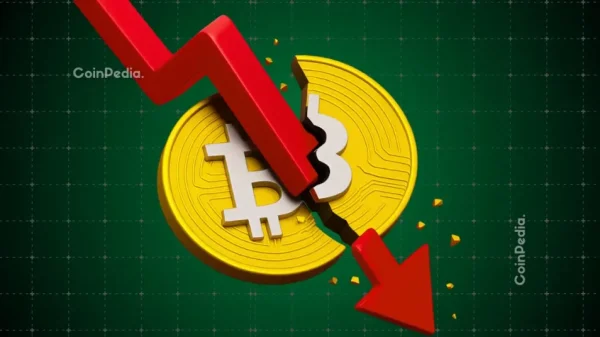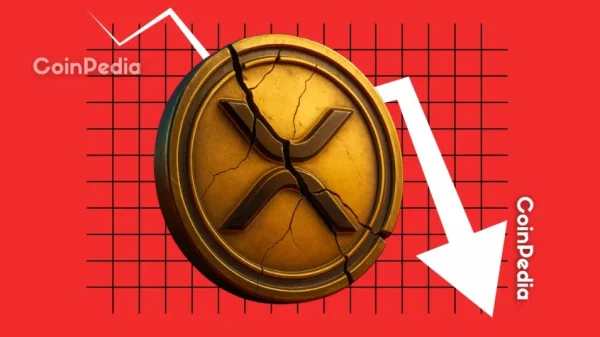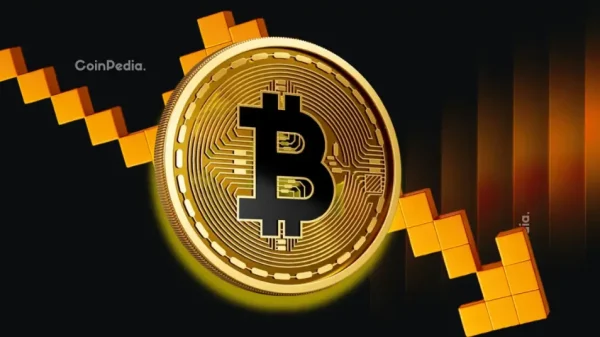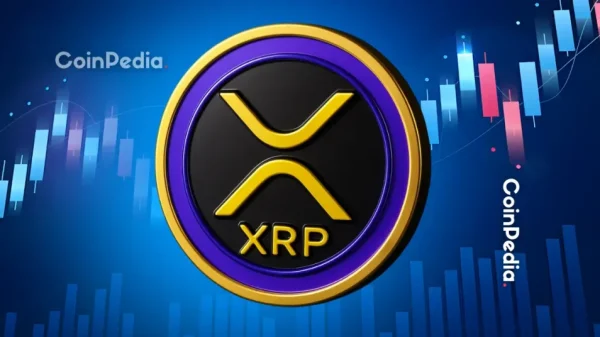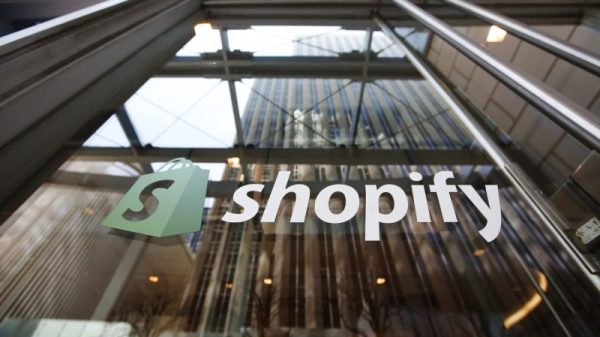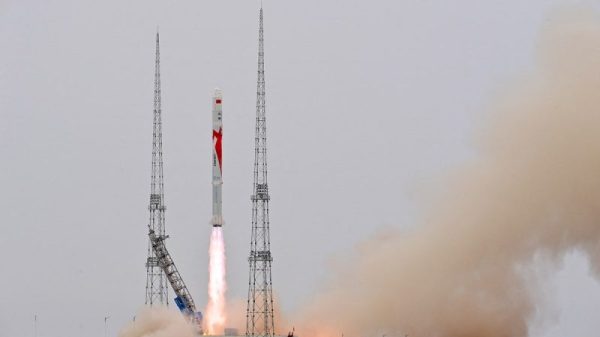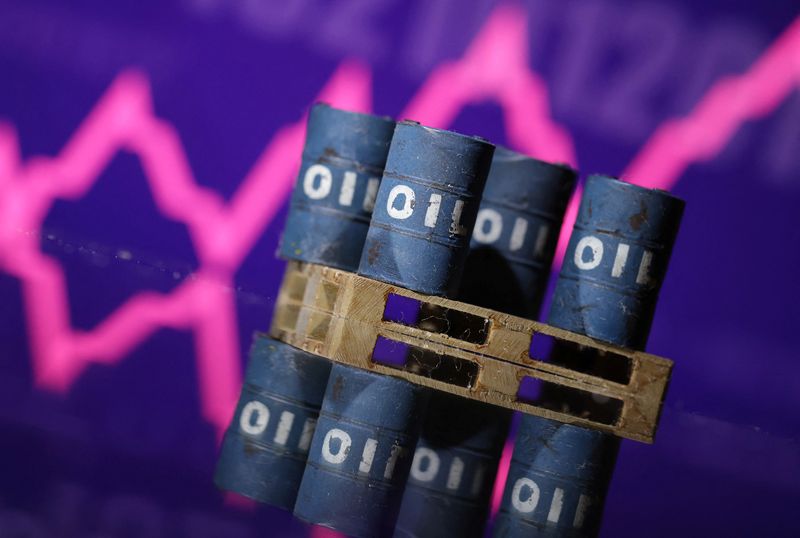
What Is DMA in Forex: Forex Direct Platforms
It is all but impossible to overestimate the importance of the Forex market. Not only traders, and analysts are interested in the world’s largest financial market. People from around the globe are closely monitoring the most traded currency pairs. It is not surprising that there are numerous questions about the largest financial market. One frequently asked question is, “What is DMA in Forex?â€�Â
Let’s step-by-step explain the role and importance of DMA in Forex.Â
First of all, direct market access (DMA) is a trading method employed in various financial markets, including the foreign exchange (Forex) market. Besides, it allows traders, both institutional and retail, to place trade orders directly with the exchange’s order book. This method bypasses traditional brokers who typically operate with a dealing desk, where trades may be subject to re-quotes, slippage, and increased transaction costs.Â
In the case of the Forex market, the method mentioned above represents a significant shift towards greater transparency and efficiency in trading.Â
Understanding direct market access in Forex
Direct Market Access in Forex is a facility that allows traders to interact directly with the market’s liquidity providers without an intermediary’s intervention in the execution of trades.Â
This is achieved thanks to sophisticated electronic trading platforms that connect traders directly to the interbank market, where major banks and other financial institutions act as the primary liquidity providers.
How DMA works
Forex direct platforms enable traders to see the best bid and ask prices available in the market, along with the depth of prices offered by different liquidity providers. Importantly, traders can select specific prices for entering or exiting the market, and their orders are sent directly to the liquidity providers for execution.Â
This setup reduces the trading costs due to the absence of intermediaries. Besides, it increases the speed of execution, which is vital when it comes to the Forex market.
Advantages of DMA in Forex trading
Now, we can discuss the advantages and disadvantages of DMA when it comes to questions like, “What is DMA in Forex?â€� Let’s start with the advantages.Â
One of the main advantages of utilizing DMA is its level of transparency. As a reminder, traders can access real-time data showing the depth of the market (DOM), which lists buy and sell orders in the market at different price levels. This visibility allows traders to understand market sentiment and liquidity better, enabling more informed trading decisions.
Reduced slippage
Slippage occurs when there is a difference between the expected price of a trade and the price at which the trade is actually executed. DMA reduces the likelihood of slippage since orders are executed directly at the market prices available at the time, enhancing trade execution quality.
Control and flexibility
Traders have greater control over their trades in a DMA setup. They can place orders at specific prices and participate more directly in the market, which can be particularly beneficial for strategies that require precise entry and exit points.
How traders use DMA in Forex
It is highly beneficial for algorithmic traders who use automated trading systems to enter and exit the market. We need to mention that it is possible to program automated trading systems to make decisions based on a set of criteria and execute trades directly through DMA, allowing for high-speed and efficient trade execution.
Scalping and day trading
Scalpers and day traders, who need to capitalize on small price movements within a short time frame, find DMA especially useful. The speed and precision of DMA allow these traders to open and close positions quickly to capture small profit margins.
Large volume trading
Institutional traders who need to place large volume trades also benefit from DMA, as it allows them to directly influence the market with their trades without causing significant price impact or slippage.
Implications of DMA for Forex markets
DMA can enhance market efficiency by increasing the number of active participants directly interacting with the liquidity pool, which can lead to more competitive pricing and reduced spreads.
While DMA offers a number of benefits, it also requires robust regulatory oversight to prevent issues such as market manipulation and abuse. Regulators must ensure that DMA platforms operate within the legal framework and maintain a fair trading environment.
To operate effectively with DMA, traders and institutions must have access to advanced trading platforms as well as strong technical infrastructure. This includes high-speed internet connections and the capability to handle large volumes of data in real-time.
Market participants
We shouldn’t forget about the role of market participants.Â
The Forex market attracts a diverse range of participants, each with different objectives, trading styles, and levels of influence. The main participants in the Forex market include:
Central banks: Central banks play an important role in the world’s largest financial market. For example, central banks manage currency reserves, set interest rates, and implement monetary policies to stabilize their national economies. Notably, they can significantly influence currency values through interventions and policy announcements.
Commercial banks: Major commercial banks facilitate most of the trading in the Forex market. They provide liquidity, execute trades on behalf of their clients, and engage in proprietary trading to profit from currency fluctuations. Banks also offer various Forex-related services, including currency exchange and hedging.
Financial institutions: Hedge funds, investment firms, and mutual funds participate in the Forex market to diversify their portfolios and hedge against currency risks. These institutions often engage in speculative trading, seeking to profit from short-term price movements.
Corporations: Multinational corporations participate in the Forex market to manage currency risk associated with international trade and investments. They engage in currency swaps, forwards, and options to hedge against adverse currency movements that could impact their profits.
Retail traders: Individual retail traders are a growing segment of the Forex market. They trade through online platforms provided by brokers, using leverage to control larger positions with smaller capital investments. Retail traders aim to profit from short-term price movements and often use technical analysis and automated trading systems.Â
Governments: Governments participate in the Forex market to manage their foreign currency reserves and influence their domestic currency’s value. Government interventions can impact market trends and currency stability.
Conclusion
Hopefully, it isn’t hard to answer questions like, “What is DMA in Forex?�
Direct market access helped to transform Forex trading by enabling direct interaction with the market’s liquidity providers, promoting efficiency, transparency, and speed in trading. What’s important, it caters to a wide range of trading strategies and is particularly advantageous for those requiring precise execution and minimal slippage.Â
As technology evolves and the regulatory framework adapts, DMA is likely to become an even more integral part of Forex trading, shaping the future dynamics of the largest financial market.
The post What Is DMA in Forex: Forex Direct Platforms appeared first on FinanceBrokerage.

